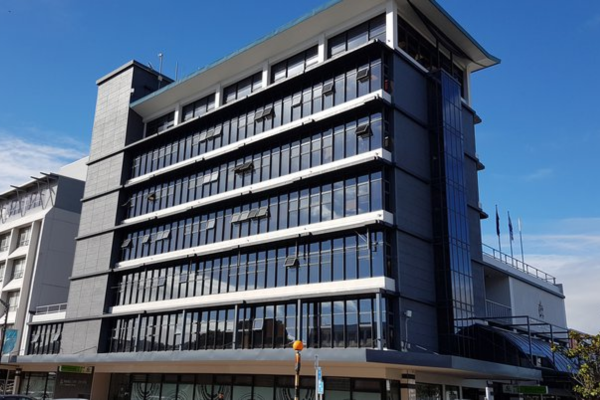
Porirua City Council’s financial management and project delivery have come under scrutiny after a local resident claimed millions of dollars in planned infrastructure work has gone uncompleted in recent years.
Pauatahanui resident David Christensen, who has more than 40 years’ experience in project management, audit and recovery, told Porirua News his review of council long-term plans, annual reports and financial disclosures showed about $90 million in planned projects had not been delivered in the past five years. He said this included work funded by borrowing, and in some cases, the borrowed funds were not used for their intended purpose.
Christensen also raised concerns about a lack of detailed public reporting on delayed or cancelled projects. “The public is told work will happen, then when it doesn’t, there’s little to no explanation. The information just isn’t there,” he told Porirua News.
Debt growth was another key issue highlighted in Christensen’s findings. According to his analysis, council debt has almost doubled from about $136 million in 2015 to more than $260 million today, with projections showing it could reach $900 million by 2034. He said this trend, combined with what he described as cost overruns in day-to-day spending, risked putting further strain on ratepayers.
Council response

Porirua City Council Chief Financial Officer Ian Dennis acknowledged difficulties in delivering some capital programmes in recent years, citing rising construction costs, changing priorities and national policy shifts.
“Costs are rising faster than consumer inflation, climate change, population growth, and new rules and responsibilities introduced by successive governments,” Dennis told Porirua News. “Almost all councils are struggling with debt levels that would have been inconceivable just a few years ago.”
He said many councils have recognised a historic underspend on infrastructure, with a “tidal wave of investment” now required as assets near the end of their lifespan.
Dennis said the council had “spot checked some of the numbers from the ‘Annual Opex Comparison’ table” in Christensen’s analysis and attempted to match them to figures in the relevant annual reports, but had been unable to do so at this stage.
Election year spotlight
Christensen said he has shared his findings with several first-time council candidates ahead of October’s local elections. He believes greater transparency, project-by-project public reporting and stronger oversight from elected members are essential.
The council has not yet provided a full reconciliation of Christensen’s data but said it continues to work within the constraints of a challenging funding environment.
